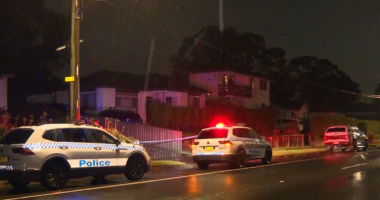Share this @internewscast.com
However, their bond was challenged when her mother was diagnosed with ovarian cancer, with doctors estimating only six months left.
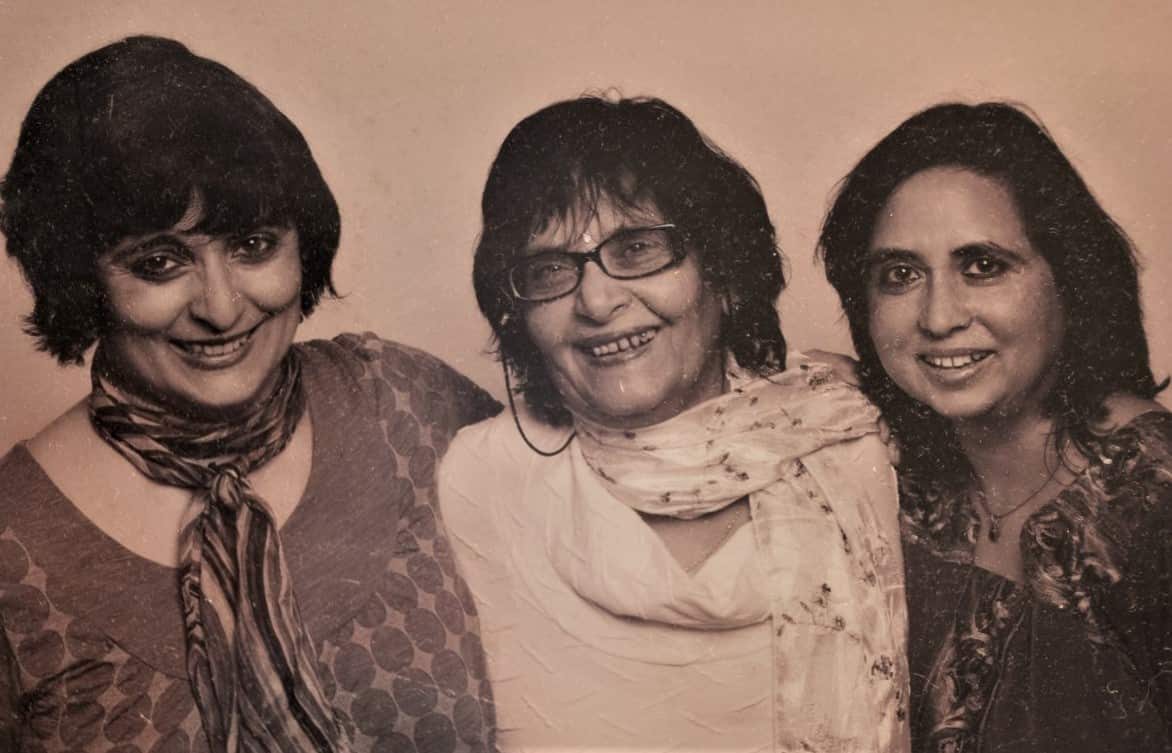
(Left to right) Prabha Gulati with her mother, Bhusan, and sister, Vibha. Source: Supplied / Vibha Gulati
“It was shocking, really shocking. I was losing my best friend! We loved each other very much and she’s greatly missed,” Gulati said.
From loss to healing
“I felt the guide really understood and held the space [for me] and did not negate any feelings that I had.”

Vibha Gulati used the Violet counselling service after she lost her mother to cancer. Source: SBS / Spencer Austad
Gulati is not alone. In recent years, almost 30,000 people have utilised Violet and its national network of guides, along with a digital support service.
“So [we] try to help families and communities be more prepared around the last stages of a person’s life.”
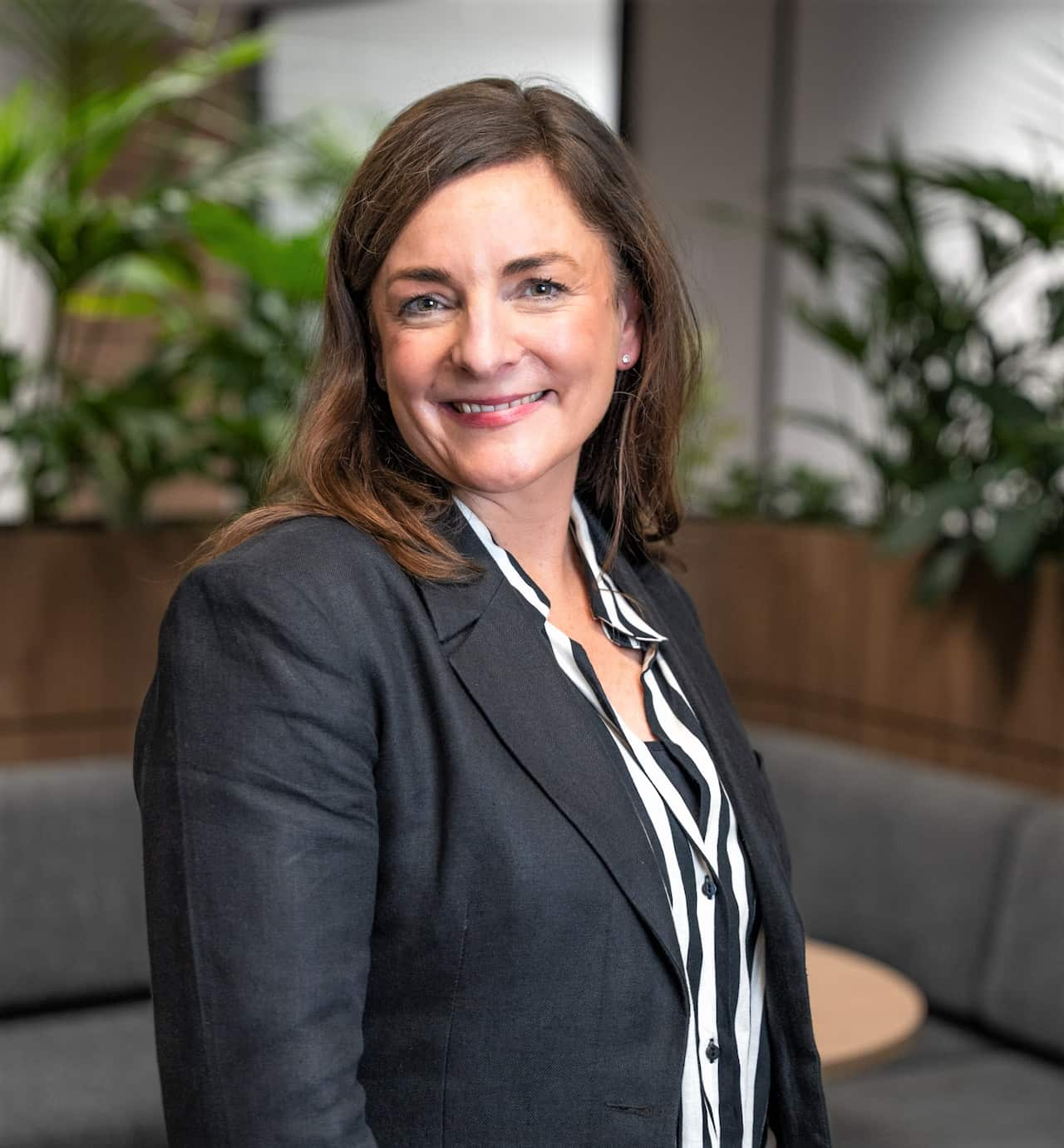
Violet CEO Melissa Reader said the initiative aims to start conversations around end-of-life planning. Source: SBS / Spencer Austad
As Australia’s population ages, services like Violet are becoming increasingly crucial.
A 2024 report by The Violet Initiative reveals that a significant portion of public hospital beds is used by predominantly elderly patients in their final year of life, with the cost of end-of-life care in hospitals approaching $4 billion annually.
“Then, we could have done so much more together in the last six months of his life, with far fewer regrets for all of us.”
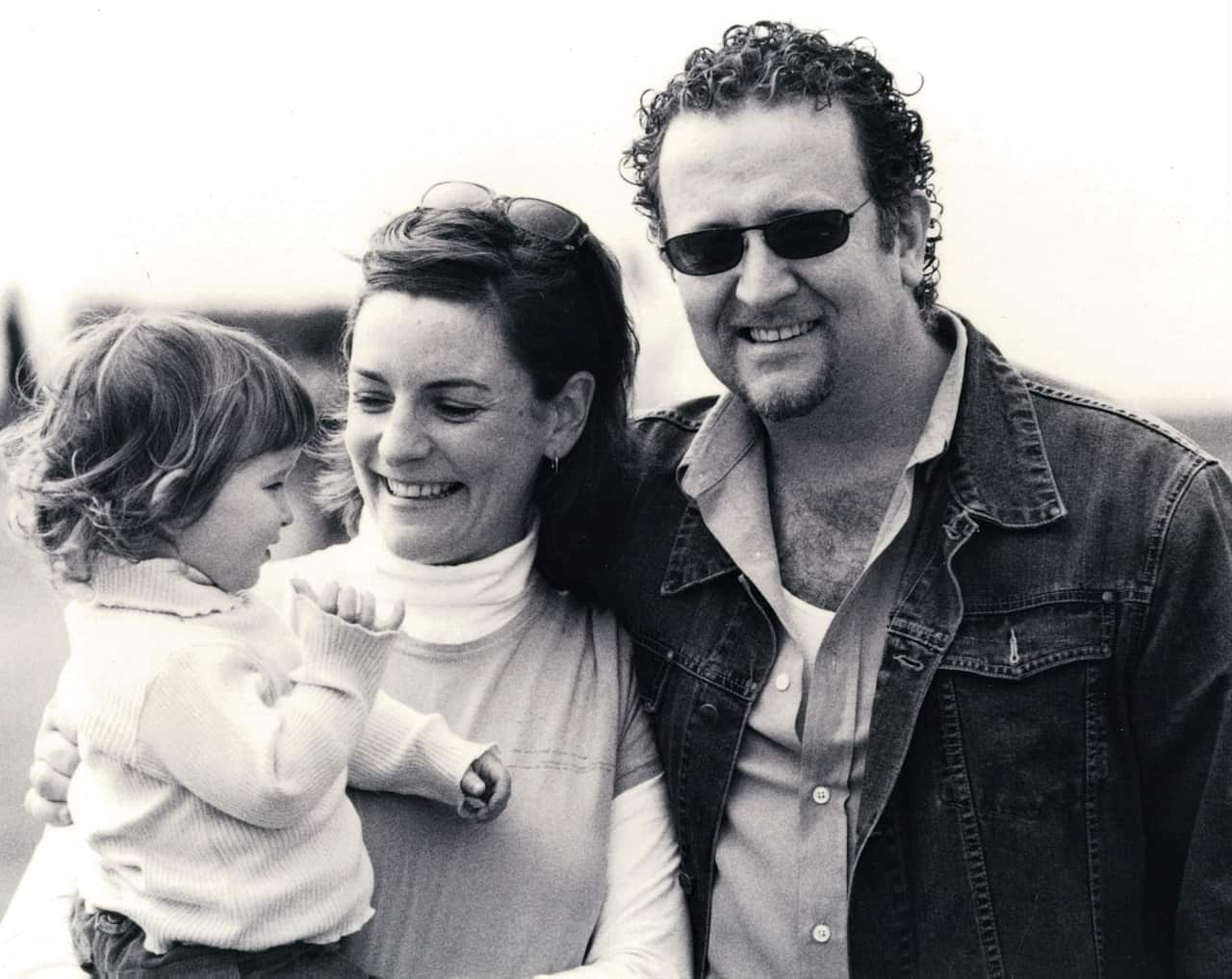
Melissa Reader (centre) with her late husband, Mauro, and their daughter, Mya. Source: Supplied / Melissa Reader
Turning pain into purpose
For those seeking support, Violet offers an initial free consultation, and services are then available via subscription.
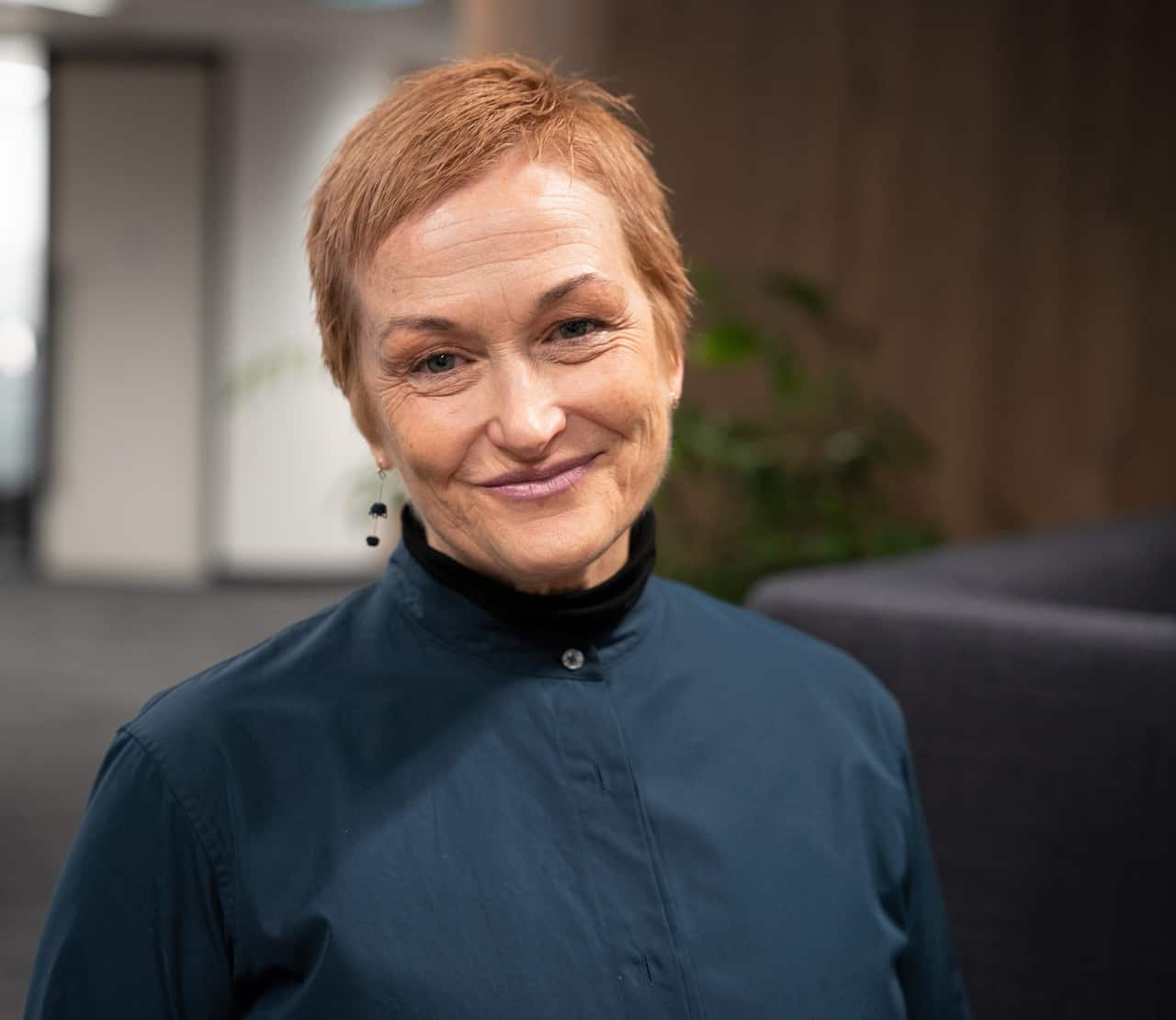
Mitch Gibson offers personal counselling at Violet. Source: SBS / Spencer Austad
Mitch Gibson is among Violet’s 50 guides and is proud to provide personal care and support to grieving families.
That was 11 years ago, but for Gibson the memories remain vivid and the eventual loss of her partner led to a life-changing decision.
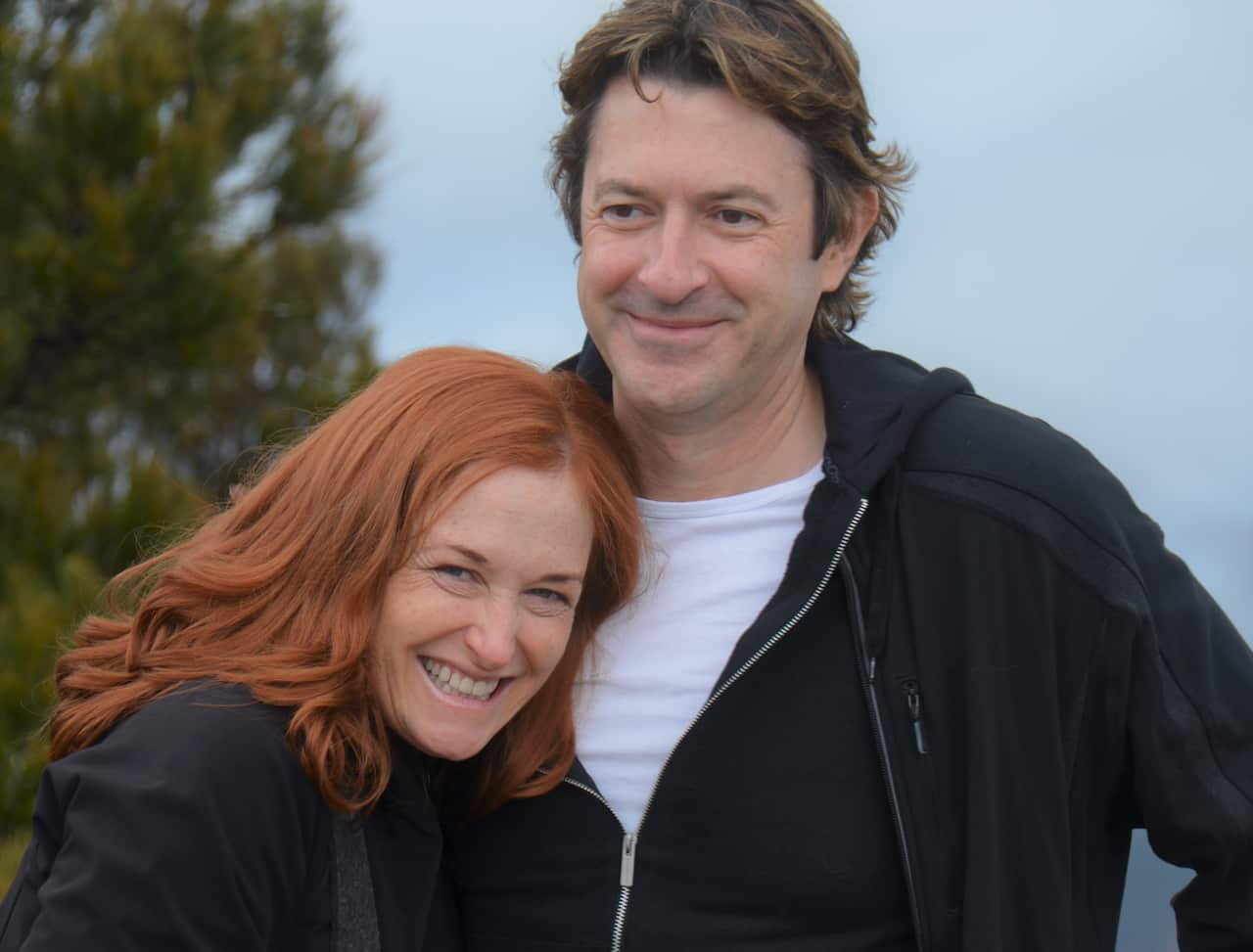
Mitch Gibson with her late partner Mark, who died of pancreatic cancer. Source: Supplied / Mitch Gibson
“I was only 56 years old, and I decided I wanted to work as a grief and bereavement counsellor and care for carers. As I had lived experience, Violet was an ideal choice,” Gibson said.
“Conversations can happen at any time, in any preferred language. The result is a clear understanding of a person’s current situation, their stage, and their specific needs,” Bernstein explained.
‘This has to change’
“Digital technology plays an important role in making services and information available to all Australians when they need it 24/7. And that’s what Violet is providing.”
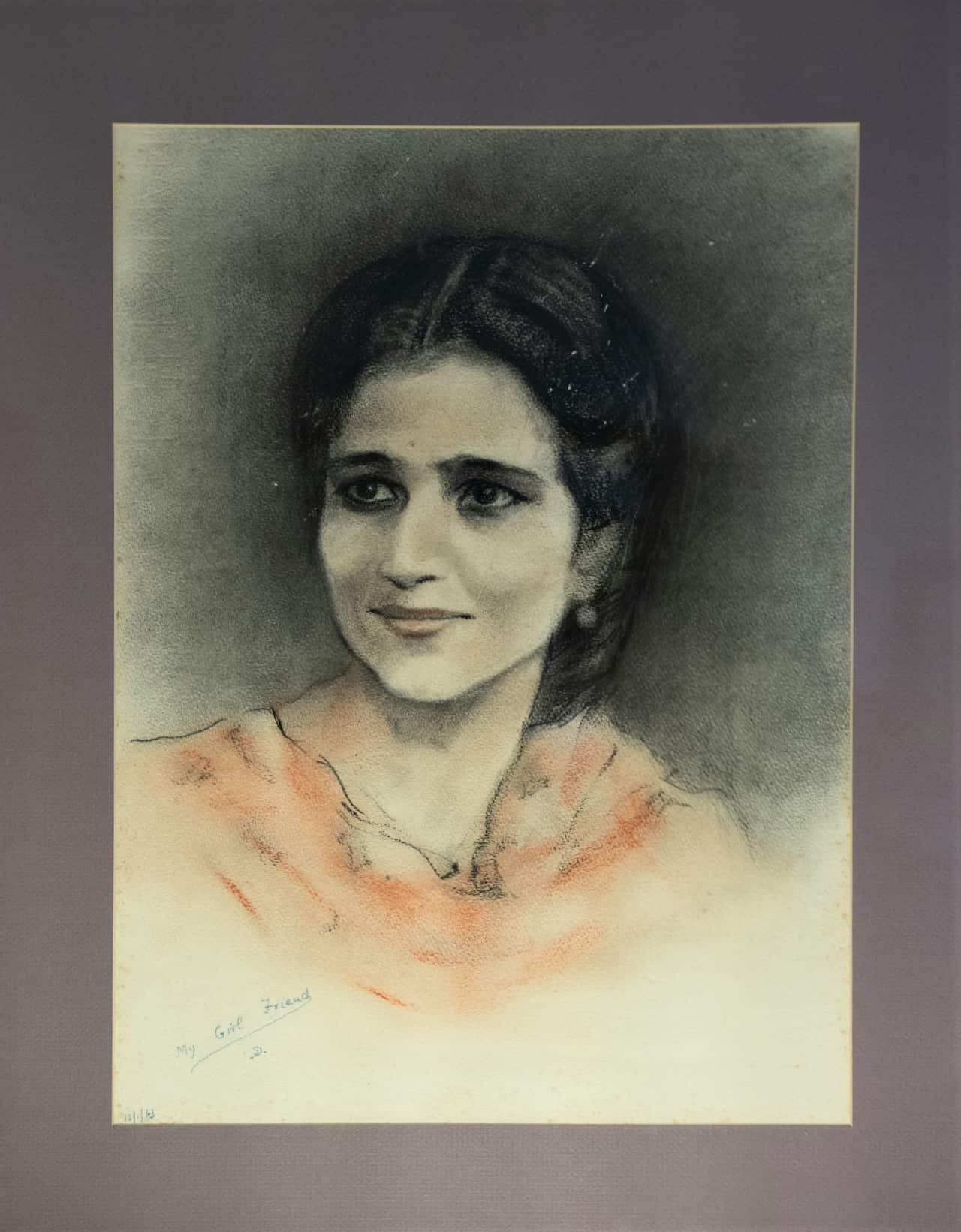
A portrait of Vibha Gulati’s mother, Bhusan, as a young woman. Source: Supplied / Vibha Gulati
Gulati and her mother were among the few who carefully planned for the end of life.
“It helped her to transition more smoothly and it also created a very calming effect on the mind and on the emotions. So, it works for the people involved and the person who’s passing away too.”
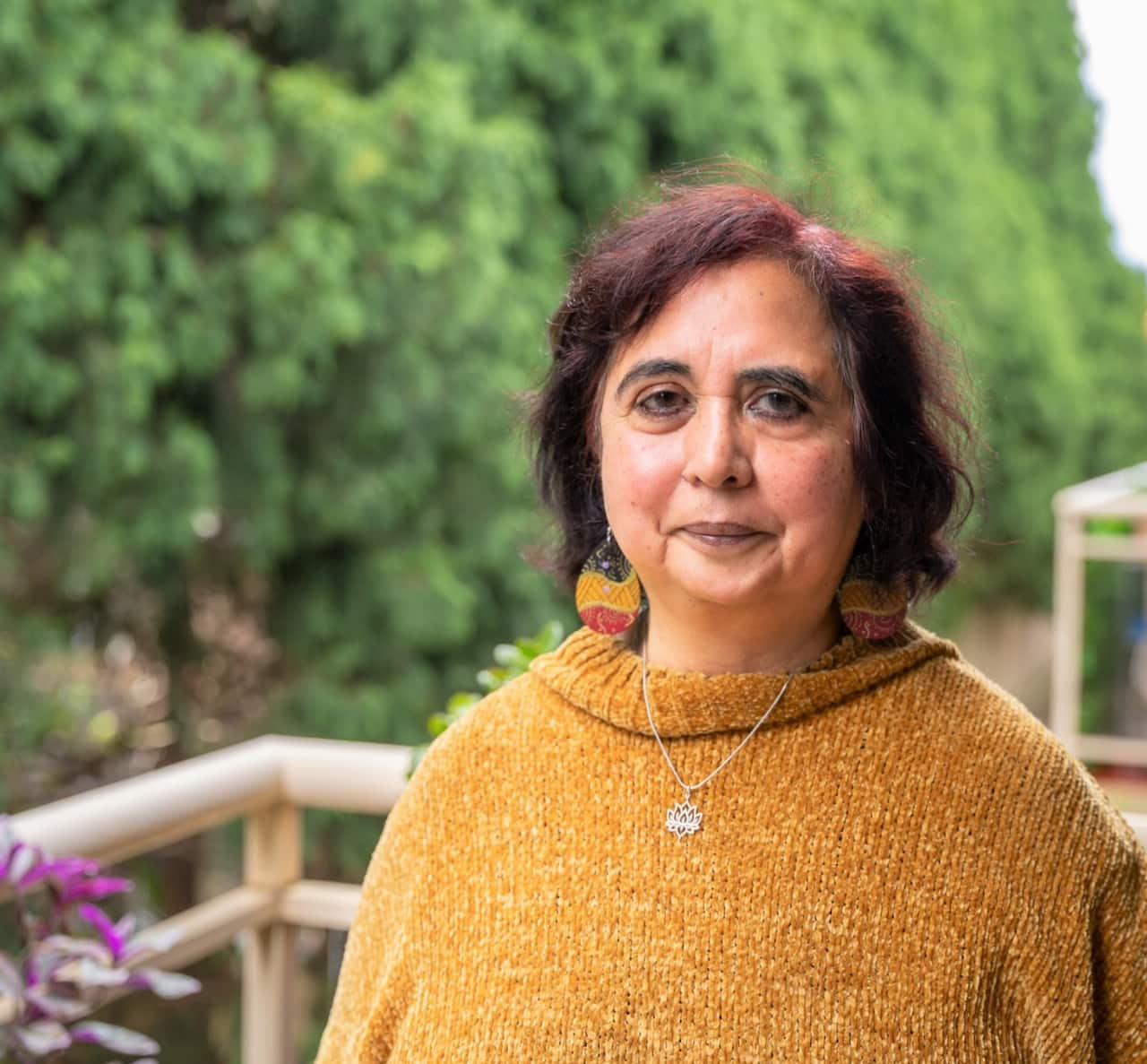
Vibha Gulati is still learning to cope with grief after losing her mother. Source: SBS / Spencer Austad
While faith has helped Gulati navigate grief, she said the loss remains painful and hard to bear.





